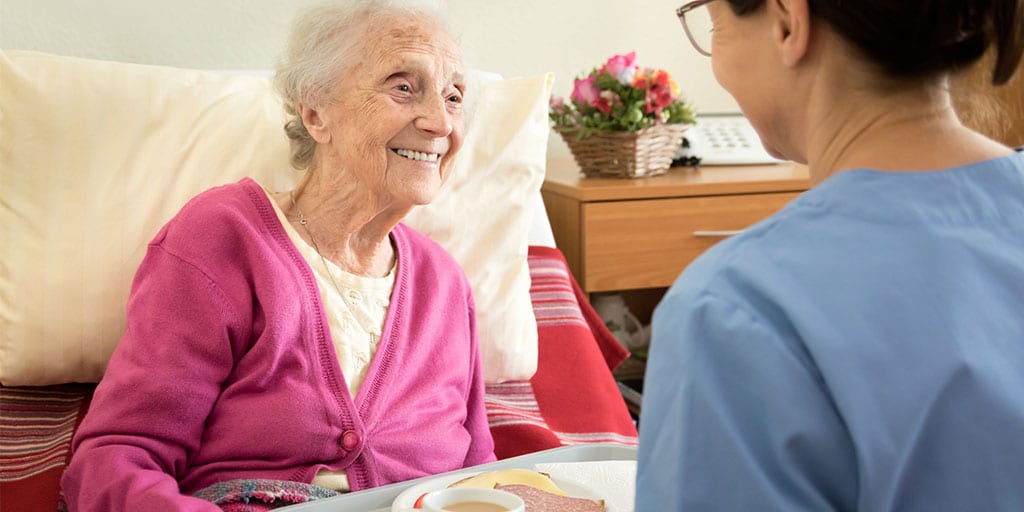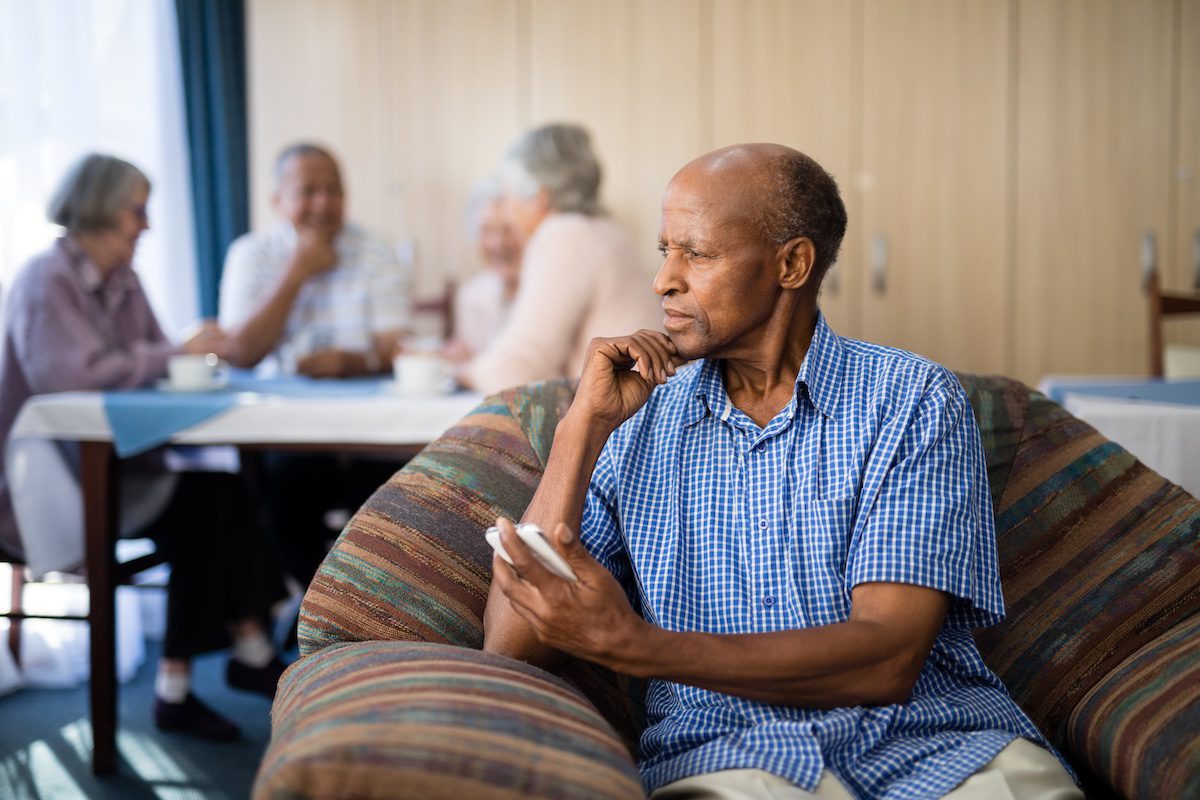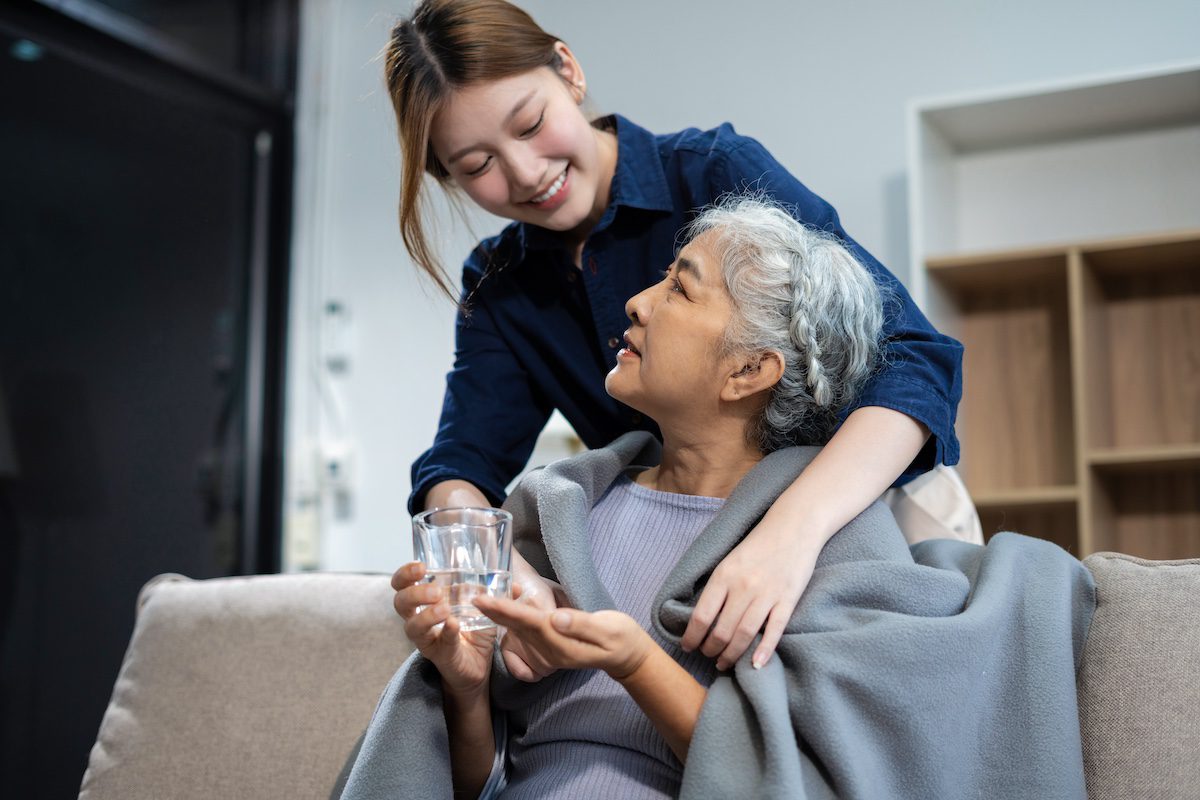There’s nothing more rewarding than helping someone else. Every day, hospice care volunteers help people nearing the end of life feel more at ease. Volunteering for a hospice can give you a greater appreciation for the lives, perspectives and cultures of others.
Are you considering becoming a volunteer? You may worry that dedicating your time and energy to a hospice and its patients is outside of your comfort zone. That’s okay!
Read more about how to become a hospice volunteer.
Types of Hospice Care Volunteers
Hospice programs rely on volunteers to support patients and families. By law, any hospice provider that accepts Medicare must have volunteers. If you’re ready to volunteer, you should contact the hospice and learn more about their mission.
To volunteer at Seasons Hospice, please contact or call us at 417-890-5533.
Hospices provide new volunteers with some sort of orientation or training. These trainings teach you about the philosophy of hospice and help you discover where your skills would fall best—from community outreach to reading aloud at a patient’s bedside.
Direct Care
If you want to spend time with patients, you should volunteer for direct care. Hospice care volunteers may be asked to provide or perform:
- Caregiver respite. Volunteers can provide primary caregivers with necessary breaks. While the primary caregiver catches up on rest or runs an errand, the volunteer cares for the patient.
- Household chores. Hospice volunteers can help patients and their families with light cleaning, laundry and making meals.
- Companionship. Sometimes all a patient needs is someone to be there for them. As a volunteer, you can offer your friendship and listening skills. Talking about life and the things they love may be just what a patient needs to feel like an individual and not like someone who is dying.
- Meaningful activities. Patients may ask you to read to them, help them write letters, or help them pursue a hobby. Depending on the circumstances, you may also be able to supervise pet visits or go for a walk with the patient.
Indirect Care
Some volunteers don’t wish to have direct contact with patients. If you would like to volunteer without interacting with patients, you can help the hospice program with a variety of other tasks.
Some opportunities may include:
- Fundraising
- Community outreach
- Data entry
- Sending mailings
- Event preparation
Special Skills
Volunteers with special talents can share them with patients. Musicians can brighten someone’s spirits with a song. Artists can share the beauty and meditative effect of their craft with patients. Even something simple like a new haircut from a hairdresser or barber can restore a patient’s feeling of dignity.
What Type of Volunteering Is Right for You?
Serving patients requires you to be compassionate and comfortable with death. The last phase of life can be hard for patients and their loved ones. While genuine care and patience are necessary, volunteers need to be aware of boundaries and the toll caregiving can take on family members.
One of the best ways hospice volunteers can care for patients is simple—just listen. Volunteers give patients an outlet to share their memories, as well as worries and sorrows they may not want to share with loved ones. Listening skills are a must when working with patients.
Direct contact with someone who is dying is not for everyone. If you are grieving the loss of a loved one, it may not be time to begin caring for someone else. Before you volunteer, make sure you have given yourself enough time to heal.
Are You Ready to Volunteer?
Serving others helps open your eyes to our shared humanity. Being there for someone in their final stage of life can change your view of what’s important in life and lead you closer to fulfillment.
Interested in volunteering?
Contact us today to learn more about becoming a Seasons Hospice volunteer or explore our caregiver support services online. Our patients and families will appreciate you!







